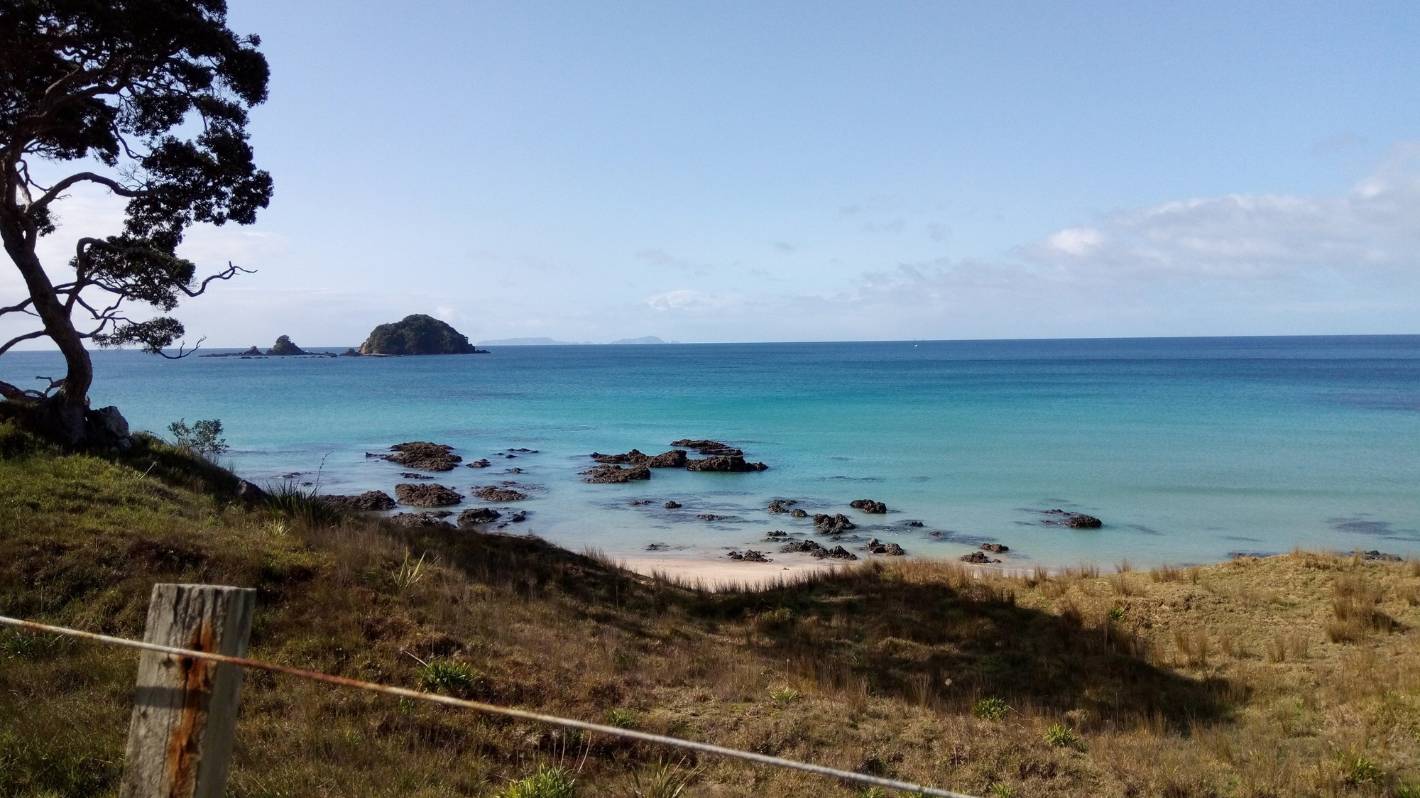New no-take fishing rules – imposed by the Environment Court without fair warning or consultation – are threatening to spoil summer plans for fishing and sailing in Northland, according to one resident.
The new marine protection areas mean all recreational and commercial fishing are banned from a part of the Bay of Islands and Mimiwhangata.
Northland Regional Council adopted the rules in July after a landmark Environment Court decision ruled fishing protection should be included in its Regional Plan – despite fishing not usually being managed by councils.
Local hapū Te Uri O Hikihiki and Ngāti Kuta, alongside the Bay of Islands Maritime Park group and Forest & Bird, complained to the court that fishing protections were not included in the 2017 Proposed Regional Plan.
The new rules ban all fishing from the Bay of Islands’ Maunganui Bay (Deep Water Cove) to Oporua/Oke Bay and around Mimiwhangata peninsula, northeast of Whangārei, plus the commercial bulk harvesting of fish around Rākaumangamanga (Cape Brett).
The court processes meant the wider community was not consulted or even notified, until the court decision was released in December 2022.
Denise Piper/Stuff
The area around Mimiwhangata Coastal Park is now off-limits for any fishing – although exceptions are allowed for research, customary fishing and taking kina. (File photo)
For Whangārei man Dan Allen, the new rules mean he will have to completely rethink his usual summer plans to sail to Mimiwhangata and live off the fish he catches there.
“I’ve geared up my whole life around it,” he said.
Allen has been fishing in the area since 1991, when his parents first bought a bach at nearby Ōākura.
More recently, he bought a mooring at Whangaruru Harbour for his yacht and usually spends 10 to 12 days living off the islands off Mimiwhangata.
The area was previously a coastal marine park, with fishing methods and catch limited, and those rules worked well, Allen said.
The new rules will mean if he wants to catch something to eat, he will have to sail at least 1km offshore or travel several hours to another anchorage – such as Whangamumu (2.5 hours sailing), Tutukaka (three hours) or Whangārei Harbour (seven hours).
“It’s one of the last safe land-based accesses for people with small boats, or kayak fishing, and one of the few safe mooring areas for people in larger boats, without going up the harbour.”
Allen is annoyed with the Environment Court process, which meant he – and many others affected – did not hear about the new rules until the decision was done and dusted.
Allen said overall management of the coastline – such as reducing the bag limit in Northland – would be better for improving fish stocks.
“We don’t need isolated, ad-hoc, token-gesture reserves popping up like this, we need fishing rules to be managed properly,” he said.
PAIHIA DIVE/Supplied
Maunganui Bay, or Deep Water Cove, in the Bay of Islands has been subject to rāhui but fishing will now be completely banned from there to Oke Bay. (File photo)
But council group manager – biosecurity Don McKenzie said the court decision was based on evidence from marine scientists about how fish stocks, particularly snapper, are declining.
“The future for our kids is pretty bleak if we don’t turn this around,” he said.
McKenzie acknowledged there was no consultation about the no-take rules and overall changes in fishing management may also be needed.
But the new rules will allow these two small areas, at least, to be restored to some of their former glory.
“Wouldn’t it be wonderful if something like this did work and hapū were really restoring some of the areas that they have traditionally fished? We’re just hoping people will give it a chance.”
McKenzie said the rules could be overturned the next time the council’s regional plan is consulted on, in 10 years’ time.
But he hoped there would be sufficient evidence by then to show the no-take rules have made a difference in protecting these two high-value areas.
The regional council plans to start educating people about the new rules at Labour Weekend and it is backed by fines of up to $300,000 for people prosecuted for breaching the Resource Management Act.




